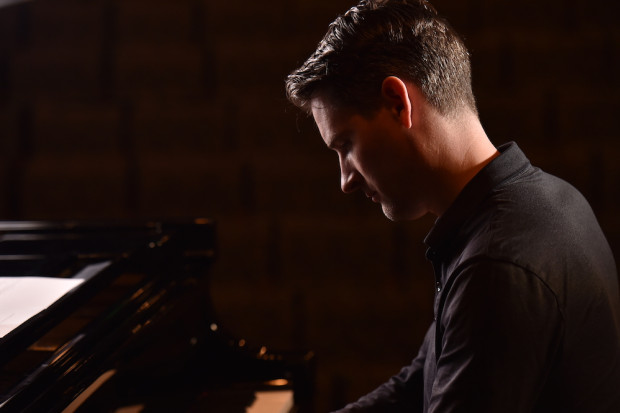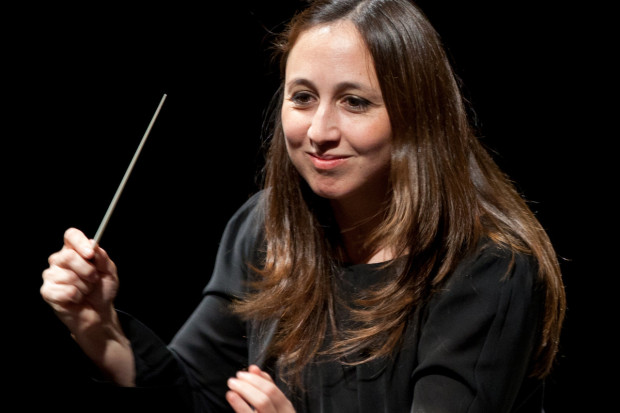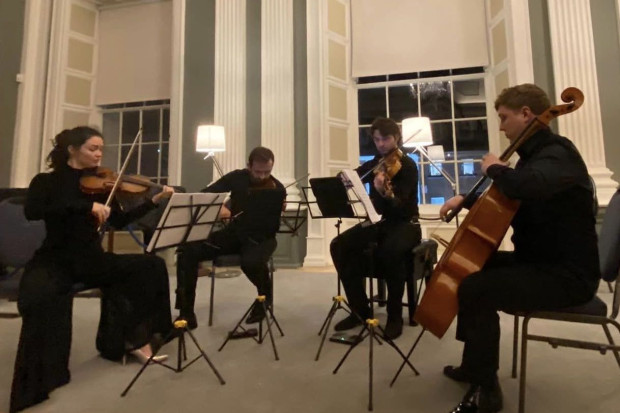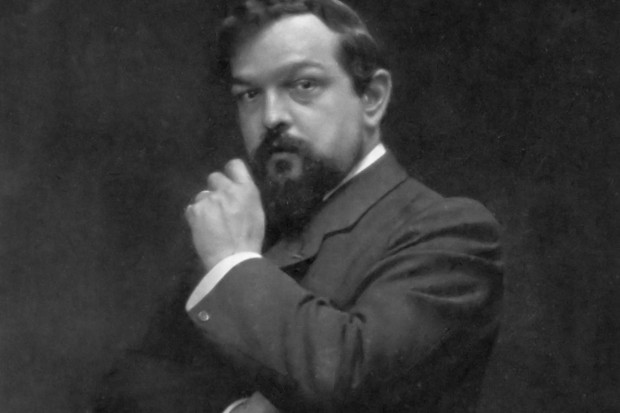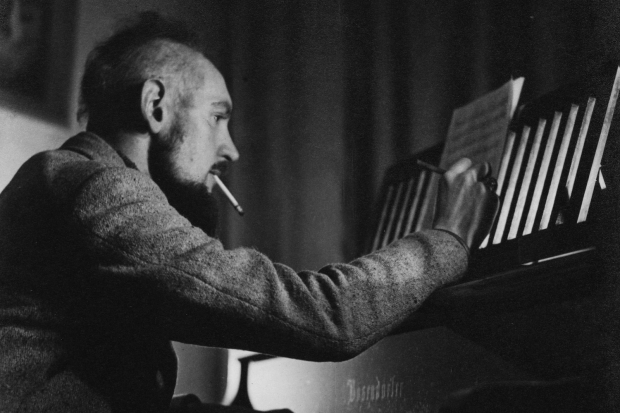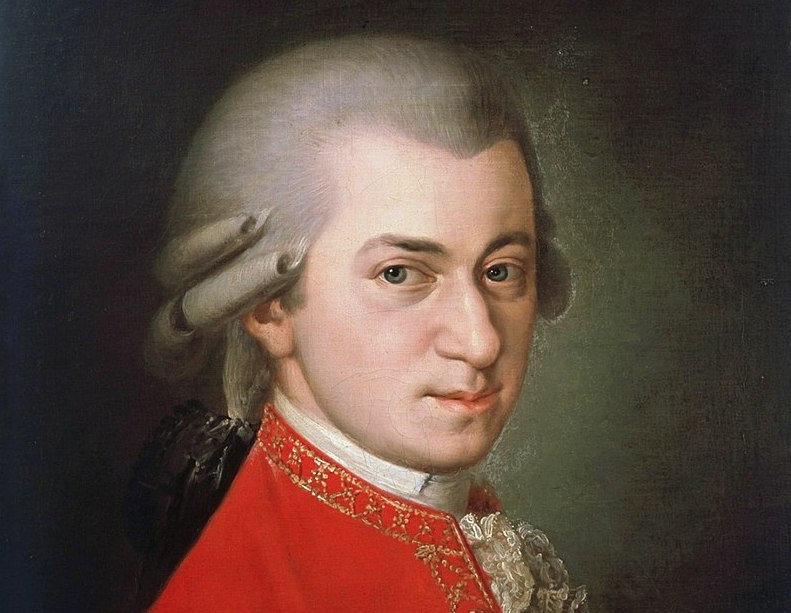
What makes Mozart's music accessible?
Must Music be Accessible?
What do we mean when we say that a piece like the first movement of Mozart’s Eine kleine Nachtmusik is a quintessentially ‘accessible’ piece of music? This quality stems, perhaps, from its jauntiness, its simplicity, its hummability. The piece is memorable, that is, easily remembered, and, furthermore, it is familiar to us. Hearing it is like encountering for the umpteenth time an old friend who isn’t terribly demanding on our attention.
Now obviously the ‘familiarity’ of Eine kleine Nachtmusik isn’t inherent in the music – by definition, it only becomes familiar after repeated hearing. And yet, there is a sense in which Eine kleine Nachtmusik is always already familiar. We are saturated with its idiom not just because we have heard it repeatedly, but because we have heard so many pieces by Mozart, and indeed by Haydn and early Beethoven, that begin with a version of just that tonic/dominant question/answer structure. The style is a kind of second nature for us.
I would suggest that those who praise certain music for its ‘accessibility’ and criticise other music for its ‘inaccessibility’ are confusing ‘accessibility’ with ‘familiarity’. To state that ‘all music must be accessible’ should be as absurd as to state that ‘all music must be familiar’. Such a requirement would automatically exclude any new work from entering the closed circle of what we call ‘the repertoire’. Come to think of it, this isn’t all that far from an accurate description of musical life today.
But in fact I would make the apparently absurd assertion ‘Yes, all music must be accessible’. However, for me the accessibility of music is primarily a political question, and only secondarily an aesthetic one. To say that music must be accessible, means that we must strive to bring about those circumstances whereby the greatest number of people may acquire access to the greatest variety of music – all kinds of music, including that usually deemed ‘inaccessible’.
Those who claim that a piece of music is, of its nature, either accessible or inaccessible usually seem implicitly to equate these polarities with ‘good’ or ‘bad’. What is immediately comprehensible to the largest number of people under present circumstances is good, and the artists who produce such work are both the best and the most socially responsible. But in my view it is primarily the structures of musical education and the distribution or dissemination of musical works that determine the accessibility of those works, by providing potential listeners with the means to familiarise themselves with the unfamiliar.
To assert that there is no such thing as inherently accessible or inaccessible music is not to claim that all music yields itself with equal ease to every listener. When Schoenberg said that some day people would whistle his tunes the way they whistle Tchaikovsky, he was fooling himself. Tchaikovsky’s music belongs firmly within the tonal tradition which includes Eine kleine Nachtmusik but also My Fair Lady and Franz Ferdinand. Schoenberg, for the last forty years of his life at any rate, notoriously distanced one strand of art music from the tonal tradition that had grounded Western art music at least since the Baroque period, and that still grounds Western and westernised popular music.
Radical contemporary music is anything but second nature. To vary the image: if tonal music is a kind of native language with which we are familiarised from early on, non-tonal music is a kind of foreign language that demands to be learned. Clearly in each case a learning-process is involved, but with tonal music – at least in Western countries – that process is largely unconscious and with avant-garde music it must usually be consciously willed. Such an ‘unconscious learning-process’ presupposes exposure from an early age to a particular type of music, hence the qualification ‘at least in Western countries’. It is reasonable to assume that a child brought up in rural China hearing nothing but Chinese folk music would be mystified when confronted with Eine kleine Nachtmusik, just as westerners brought up on an exclusive diet of Western music may at first be mystified when confronted with Indian classical music or Korean temple music. Again, the music in question isn’t inherently inaccessible, and becomes accessible after a process of learning, which may or may not consist simply in listening.
This latter possibility should warn us to be wary of oversimplified analogies with language. Familiarity with the sound of a language is not in itself sufficient to bring comprehension. While someone with no French might be impressed by the sonority of a native French-speaker declaiming Racine, he/she would be unlikely to claim to ‘understand’ Racine without reading a translation of the text in question. Similarly, he/she would be unlikely to dismiss Racine as ‘inaccessible’ simply because he didn’t write in English!
Now let us suppose that our enthusiast has learned French and devoured Racine from cover to cover, understanding and enjoying his plays. If he/she now turns to the poetry of Mallarmé confidently expecting equal comprehension and enjoyment, he/she will quickly discover that a knowledge of the French language, however fluent, is insufficient to gain access. Similarly, a good knowledge of English is insufficient for an understanding of Joyce’s Finnegans Wake, and a good knowledge of German is insufficient for comprehending the poetry of Paul Celan. In each case there is a sense in which one must learn the language anew or learn a new language built from residues of the old one.
In short, we have encountered modernism, with the seemingly inevitable loss of immediate accessibility that it entails. I believe it’s mere self-deception to suggest that modernist art doesn’t entail a new paradigm of (in)comprehensibility, based on the breakdown of consensus, of a shared interpretation of the world. But even this hypothetical ‘consensus’ is a profoundly problematic concept that begins to crumble as soon as we analyse it. What at first seems ‘natural’ in this consensus tends to reveal itself as ‘second nature’ and hence, in a sense, ‘unnatural’. The extraordinary unity of Bach’s music, for example, whereby the deepest spirituality may be expressed within a courtly dance-form, implies a belief in a divine universal order that is replicated by a secular order centred around Prince and Prelate. In our purportedly democratic age we might wish to distance ourselves from such an authoritarian worldview, however much we might bemoan the loss of its apparent certainties and the great art that they enabled. We are, therefore, condemned to modernity – which encompasses so-called ‘postmodernity’ – and hence, perhaps, condemned to at least some degree of Babel-like mutual incomprehension.
Furthermore, this ‘shared interpretation of the world’ was never shared by or with those outside the Western consensus. Imperialism and colonialism are premised on the desire to impose our interpretations on those outside ‘the West’ who interpret the world in different ways, thus giving rise to different forms of art that are sometimes as incomprehensible to us as the most recondite Western modernism. Indeed, within Western culture itself we encounter similar dislocations once we move backwards in time to music composed before ‘modernity’ in the more extended sense of that term. To our ears there is something remarkably ‘modern’ about much of the music of Carlo Gesualdo, for example. Such music, with its extreme chromaticism and functional use of silence, was eminently possible before the codification of the tonal system in the eighteenth century. However, throughout the eighteenth and nineteenth centuries, in the heyday of the artificial but ‘second nature’ system of tonality, it was deemed entirely aberrant and was neither understood nor performed – hence became ‘inaccessible’ in every sense. It was ‘rediscovered’ by Stravinsky and others in the twentieth century, when the breakdown of tonality suddenly revealed anew Gesualdo’s powerful expressivity.
Once again we find that ‘accessibility’ is a purely relative phenomenon that shifts from era to era even in relation to the same work or set of works. Hence, to demand of composers that they deliberately restrict the possibilities of their work in deference to the broadest comprehensibility within the historical circumstances of their time, is to foreclose upon the possibilities of deeper – or at least different – comprehension that the future may bring.
So do I absolve composers of all responsibility towards the listening public’s needs and demands? Ultimately I consider that the highest responsibility composers bear towards the public is the same one that they owe to themselves – to compose the best possible music that is within their power. I firmly believe that all great music is potentially accessible to everyone, although not necessarily on first hearing. I believe that we owe it to the future to take risks, to give new music the benefit of the doubt, to acknowledge the unlikelihood that composers – who need to make a living like anyone else, and are unlikely to get rich on government subsidies – would deliberately compose in such a way as to exclude larger audiences, more frequent commissions, recordings and broadcasts, and hence more generous royalties! I believe that the composers most likely to be pulling the wool over the public’s ears are those who manipulate familiar clichés so as to cater to the prejudices of the lowest common denominator – populist composers, rather than those unjustly described as elitists…
We must, therefore, systematically replace the word ‘accessibility’ with the word ‘access’. The very concept of democracy may be defined in terms of access: to education, to resources, to medical care, to wealth, to liberty… To narrow the definition of access to something inherent in musical works themselves, is to divert attention from the responsibility of those involved in musical education, broadcasting and concert promotion to facilitate the access of the greatest number of people to the widest possible variety of music.
Published on 1 July 2004
Raymond Deane is a composer, pianist, author and activist. Together with the violinist Nigel Kennedy, he is a cultural ambassador of Music Harvest, an organisation seeking to create 'a platform for cultural events and dialogue between internationals and Palestinians...'.










